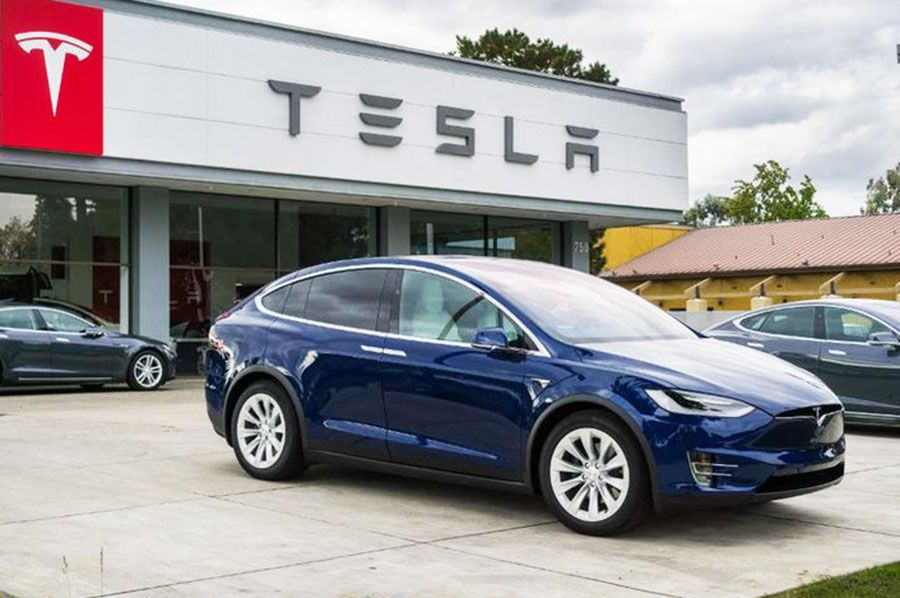In recent years, Brazil has emerged as a surprising leader in the electric vehicle (EV) revolution, a notable shift for a nation long dominated by ethanol and gasoline. With a rapidly growing market for electric cars, Brazil is setting an example for other emerging markets. According to Bloomberg Green, Brazil saw a surge of over 30% in EV sales from 2022 to 2023, marking a crucial turning point in the country’s automotive landscape. This article will explore how Brazil is adopting electric vehicles, discuss infrastructure developments, and offer insights into what this means for the future of sustainable transportation in emerging markets.
The Rise of Electric Vehicles in Brazil
A Growing Market: Sales and Adoption
Brazil’s electric vehicle market is expanding rapidly, a trend that reflects the global shift towards sustainable transportation. In 2023, CleanTechnica reported that Brazil surpassed 100,000 electric vehicles on its roads, a testament to its accelerating adoption rate. Factors driving this growth include:
- Government Incentives: Tax breaks and subsidies are making EVs more accessible to Brazilian consumers.
- Increasing Model Availability: Brands like BYD, Volkswagen, and Nissan are introducing more models tailored to the Brazilian market.
- Consumer Awareness: A rising consciousness of environmental issues is encouraging Brazilians to consider electric alternatives.
These developments are not just reshaping Brazil’s automotive industry; they are also setting the stage for a broader regional transition to electric mobility.
Infrastructure Developments: Charging Ahead
A critical factor in Brazil’s EV adoption is the development of its charging infrastructure. As of 2023, Brazil has over 1,500 public charging stations, a number that is expected to double by 2025, according to Electrek. Key initiatives include:
- Public-Private Partnerships: Collaborations between the government and companies like EDP and Enel X are accelerating the rollout of charging stations.
- Urban and Rural Focus: Efforts are being made to ensure charging availability in both urban centers and rural areas, enhancing accessibility.
- Fast-Charging Networks: The introduction of fast-charging networks along major highways is reducing range anxiety for drivers.
These advancements underscore Brazil’s commitment to supporting its growing EV market and ensuring that electric vehicles are a viable option for all citizens.
Brazil’s Unique Challenges and Solutions
Overcoming Barriers
While Brazil’s progress is commendable, it faces unique challenges in its EV transition. These include:
- High Import Costs: Import duties can make electric vehicles more expensive. However, local assembly plants are beginning to mitigate these costs.
- Energy Grid Reliability: To accommodate increased EV usage, Brazil is investing in grid upgrades and renewable energy projects.
Solutions to these challenges are crucial for maintaining the momentum of Brazil’s electric revolution.
Practical Insights for Potential EV Owners in Brazil
How to Charge Your EV
Charging an electric vehicle in Brazil is becoming increasingly straightforward. Here are some tips:
- Home Charging: Install a Level 2 charger at home for convenience and cost savings.
- Public Charging: Use apps to locate nearby charging stations, many of which offer fast-charging options.
- Incentives and Discounts: Take advantage of government incentives that may reduce the cost of home charging installations.
Where to Buy and What to Compare
For those interested in purchasing an electric vehicle in Brazil:
- Compare Models: Look for models that offer the best range and features for your budget. Brands like Hyundai and Nissan provide competitive options.
- Consider Total Cost of Ownership: Factor in savings on fuel and maintenance when comparing prices.
- Check for Incentives: Research government and local incentives that may lower the overall cost.
Conclusion: Brazil’s Bright Electric Future
Brazil’s leadership in the electric vehicle revolution is a beacon for other emerging markets. By investing in infrastructure, overcoming barriers, and encouraging adoption, Brazil is paving the way for a cleaner, more sustainable future. As the nation continues to break down barriers and enhance its EV ecosystem, it sets a precedent that other countries can follow.
Are you considering making the switch to an electric vehicle? How do you see Brazil’s role in the global EV landscape evolving in the next decade? Share your thoughts and join the conversation about the future of sustainable transportation. With ongoing investments and growing consumer interest, Brazil’s electric vehicle future looks promising, a testament to what can be achieved when innovation meets commitment.

